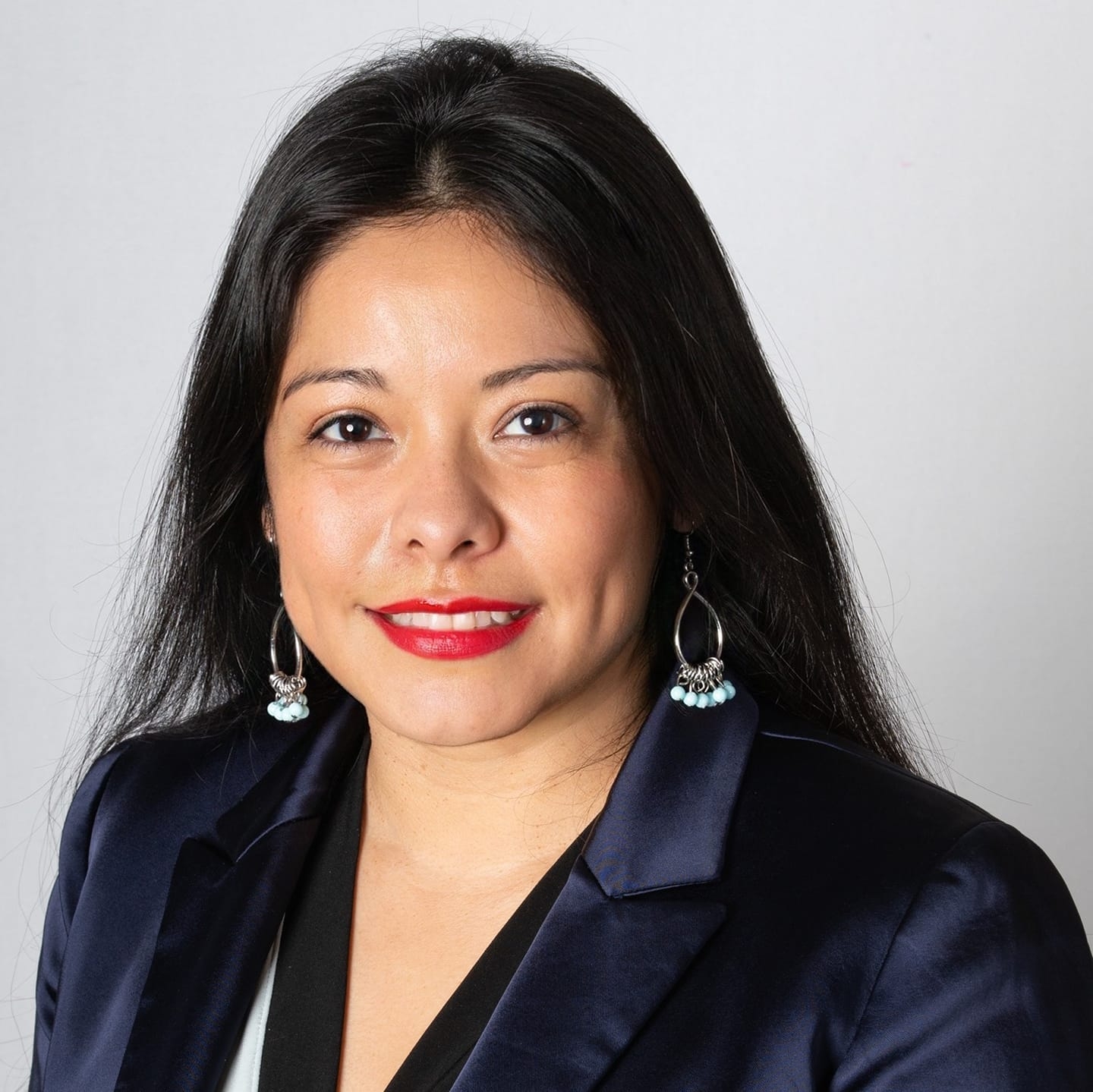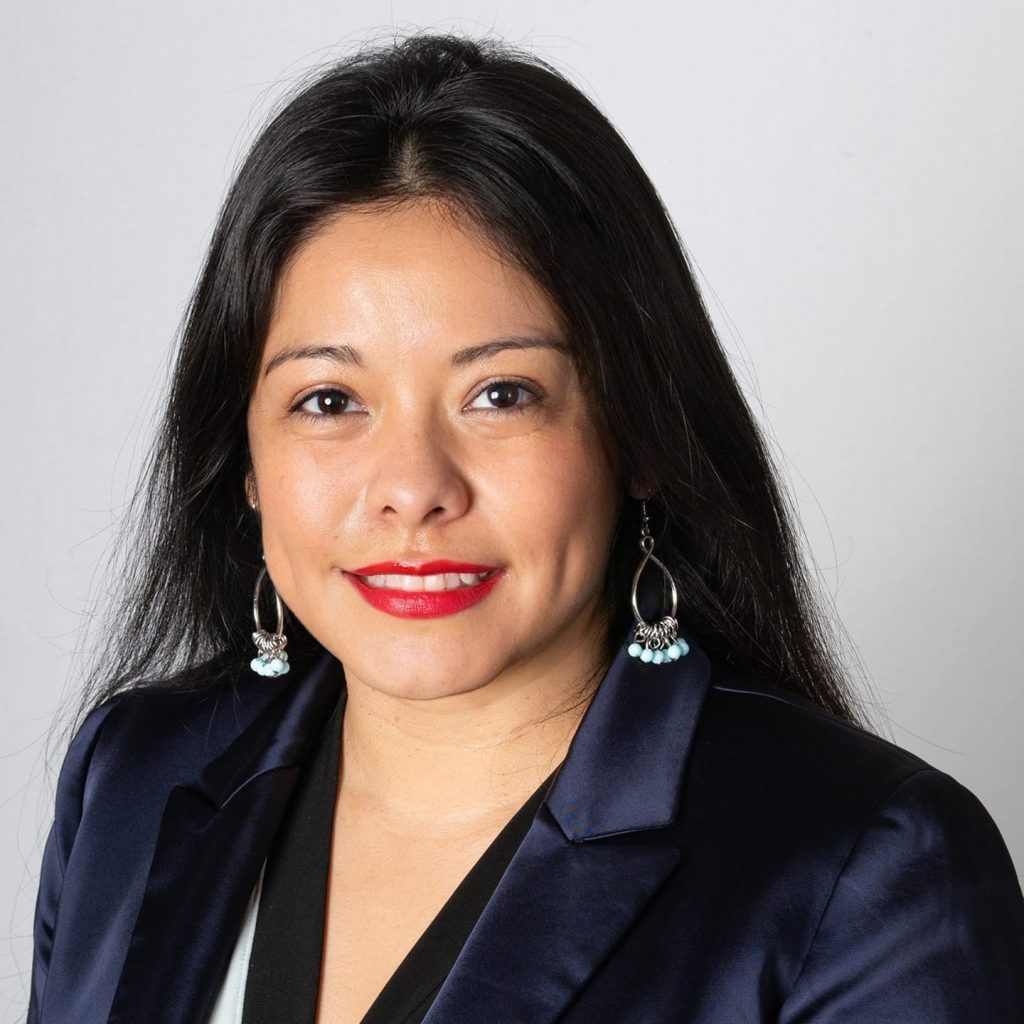Latinas Represent's Elected Academy
The Elected Academy is a 9-week leadership program, developed in partnership with re:power, and curated exclusively for Latina elected officials in local and state office. This program blends governance, leadership, and wellness to help you lead with impact—both professionally and personally.

Elected Academy Program Information
A partnership between Latinas Represent and re:power, the Elected Academy is a learning space designed to amplify leadership abilities while building connections and continued growth.
Over 9 weeks, we will focus heavily on heart work—an intentional focus on the personal development of women of color mentally and emotionally—addressing participants' holistic needs to step into authentic, liberated leadership. The curriculum will bring in modules specifically tailored for currently-serving Latina local and state elected officials. Topics we'll cover include power mapping, relational organizing, coalition building, and preventing burnout.
During the program, the Elected Academy cohort will have access to women of color coaches who will provide up to 30 hours of virtual support.
ELECTED ACADEMY DETAILS
2025
We are excited to help Latina elected officials step into authentic, liberated leadership!

Who is this course for?
People identifying both as Latine and women
Local and state elected officials
Course Expectations
This is a dynamic cohort experience, and if you are applying, you should prepare to be fully present and engaged throughout.
We will meet virtually once a week for nine sessions. For the virtual sessions, we ask that participants actively engage by using the chat function, coming off mute to share verbally, and participating in breakout group discussions.
If you are able, we strongly encourage participants to turn on video during virtual sessions.

Time Commitment
2 hours per week
Important Dates
May 12, 2025: Kickoff session
Weekly Virtual Sessions on Mondays from 6:00 PM to 8:00 PM ET
May 26, 2025: Memorial Day, no session
Coaching begins July 21st, 2025
July 14, 2025: Closing session
2022
In 2022, we ran our first-ever Latinas Represent Master Class and trained 22 Latinas from across the country!
We are so proud of everything our alumni have accomplished since our training program from running and winning elected office to earning full-ride scholarships to study public policy. These Latinas are our future and will help change the face of U.S. democracy.
Speakers
Learn more about the Latinas Represent Master Class speakers below.
More coming soon.
ELECTED ACADEMY FREQUENTLY ASKED QUESTIONS
This program is open to people identifying as both women and Latine who are current local and state elected officials.
Our program is 100% virtual so you can attend from anywhere. We will meet virtually once a week for nine sessions.
For the virtual sessions, we ask that participants actively engage by using the chat function, coming off mute to share verbally, and participating in breakout group discussions. If you are able, we strongly encourage participants to turn on video during virtual sessions.
The Latinas Represent Elected Academy is offered at no cost to participants because we are committed to reducing barriers to entry and ensuring that all Latina elected officials, regardless of financial circumstances, have access to the skills, resources, and network needed to thrive in public service. However, the program is valued at over $1,000 per person, covering expert-led trainings, individualized coaching, and access to a powerful network of Latina leaders.
To help sustain and expand this program, we invite you to make a donation and add “Elected Academy” to the notes to directly support this initiative and pay it forward for future cohorts. Your contribution will help us continue empowering more Latinas to step into public service and strengthen our democracy.
The Elected Academy is open to Latina elected officials in the United States. We are thrilled to be able to help Latinas nationwide build networks and community.
The Elected Academy will support you professionally and personally in an environment that nurtures your mental and emotional well-being.
Applications close once we reach 30 accepted participants, so we encourage you to apply as soon as possible. If you have any questions, you can email us at wocprograms@repower.org.
Topics we’ll cover include power mapping, relational organizing, coalition building, and preventing burnout.
The team at Latinas Represent and re:power will review applications on a rolling basis. All accepted applicants will be contacted via email and/or phone to confirm their participation.
If you’ve applied and have been accepted to our program but are no longer able to attend, please email wocprograms@repower.org as we would like to ensure that we give your spot to another applicant.
NOTE: Latinas Represent and its fiscal sponsor, Moore Impact, do not endorse candidates for public office.









